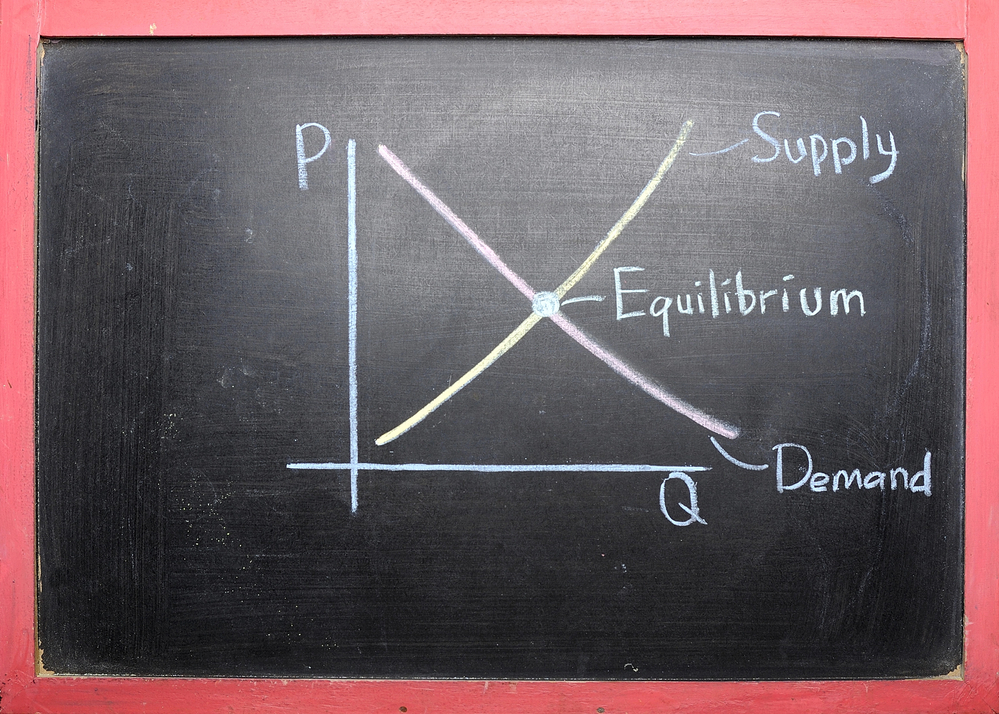Who would have believed it ? Doctors actually transferred a kidney from a pig to a human, and the operation appears to have been a success (not for the pig, but for the person!). The patient was helped by this transplant and her body did not reject the kidney she received as initially feared.
You’d think the first choice for this stuff from the animal kingdom would have been a gorilla or chimpanzee, since they’re genetically closer to us than our porcine cousins, but doctors undoubtedly knew better than that.
This raises the obvious question: why must we resort to pigs, of all animals, when we homo sapiens both have these organs and only need one to function satisfactorily. After all, we, the members of our own species, are far more closely related to each other, biologically speaking, than to any other animal, like Porky Pig and his brethren.
Why do we have to resort to pigs? Indeed, there are not enough human organ donors, given the much larger number of people in need of such transplants. Nearly 90,000 patients are on a kidney transplant waiting list in the United States alone. They have to suffer, in queues, on kidney dialysis machines, a far inferior substitute. And, in turn, why? This is because the law prohibits any payments to donors except for symbolic reasons. Young people on donor-mobiles (motorcycles) enter the grave with perfectly intact kidneys while others enter these areas well before their time due to lack of them; thanks to this vicious, evil, monstrous zero price control law, the two are never allowed to meet.
One reason for this sad state of affairs is that left-wing ethicists have succeeded in gaining traction with their view that human organs are simply not “commodifiable.” Why not? Who knows? Almost everything else under the sun can be bought and sold, but transferring an organ for profit is simply out of reach.
Another justification for the current deadly situation is that if a market for this economic good is allowed, kidney pirates will appear, who will steal these organs from innocent people and sell them to others. But the current black market price is higher than that which would prevail under economic freedom. How do we know? Logic and a level of knowledge of supply and demand in economics 101 will demonstrate this conclusion: at present, the provide is much less than would be the case if sales were permitted, and the lower the quantity, the higher the price.

A third explanation for the status quo in this regard is the fear that the poor, particularly in third world countries, will become donors, in return for money. But this is paternalism, pure and simple. This is simply unwarranted condescension on the part of first world imperialist colonialists. If these people from less developed countries engage in a voluntary exchange, it is because they attach more importance to the money they receive than to the body part they must give up. Who are the socialists and regulatory interventionists to say no?
No, the cause of justice demands that people be allowed to buy and sell whatever they wish to buy and sell.
Let’s leave the pigs for the bacon and allow free enterprise to reign supreme in this small but vital sector of the economy for some people. As it should be throughout our trading system.
Walter E. Block is the Harold E. Wirth Eminent Scholar Endowed Chair and professor of economics at Loyola University New Orleans.


